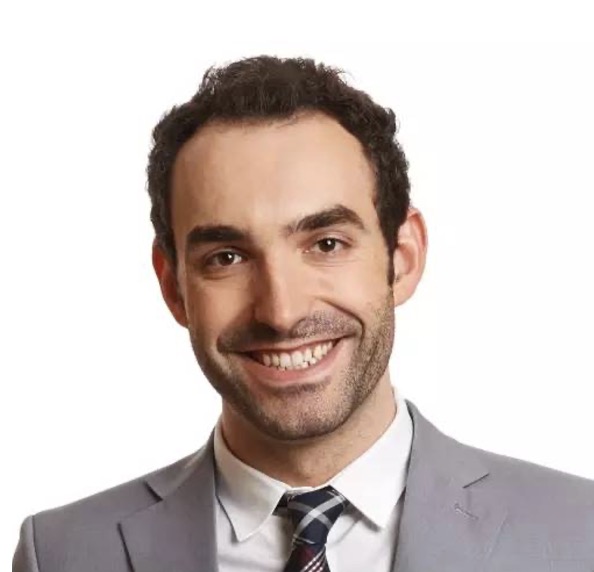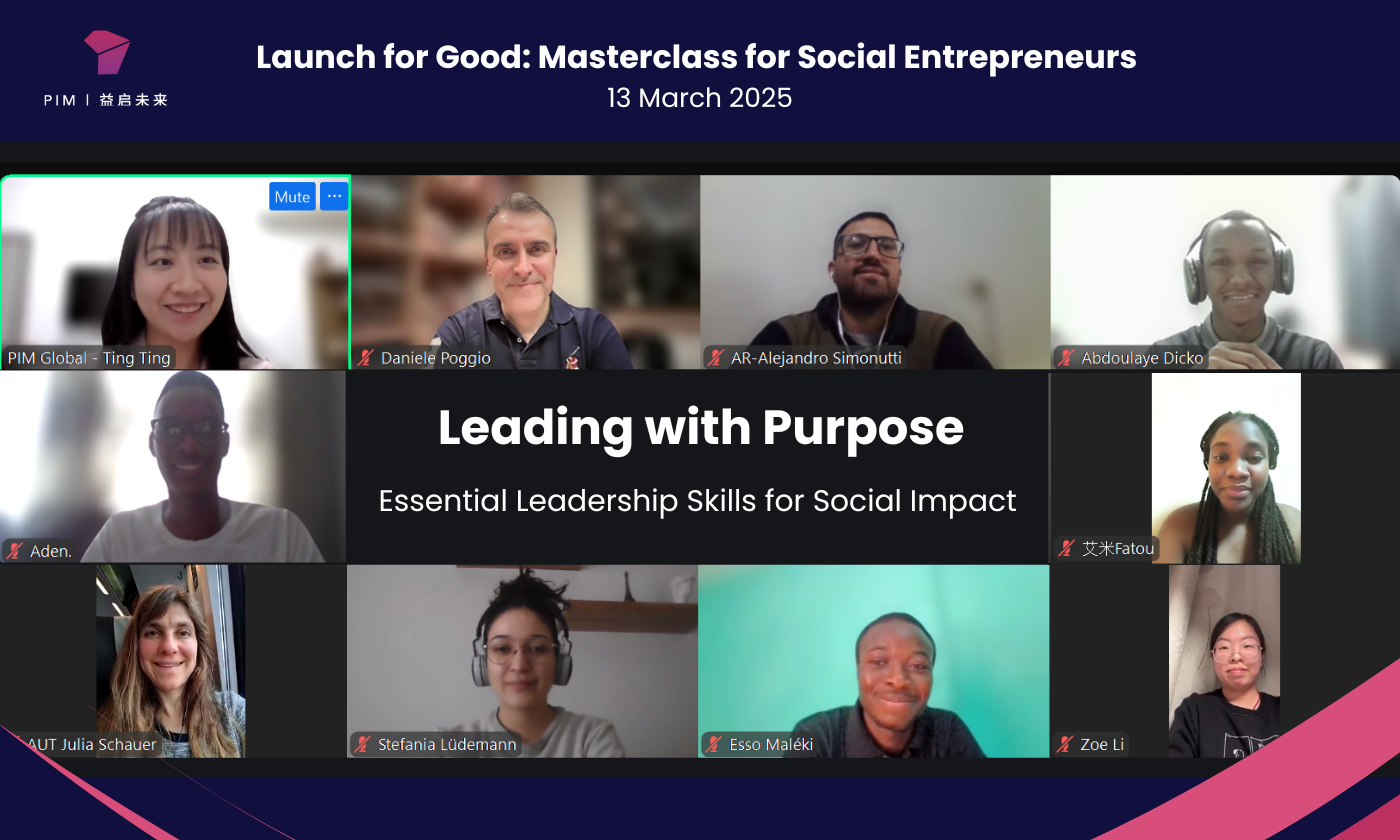While PIM may be best known for our social impact programs focused on empowering youth to make a difference in their communities, PIM has also played an important role in securing and disbursing funds for charitable causes. As of the current date, PIM has mobilized over 5,300,000 RMB in funding to support social organizations, amplifying and sustaining their social and environmental impact.
To better understand how PIM’s contributions have supported these social organizations, we interviewed Andrew Shirman, the founder of Education in Sight (EIS), to share his reflections on his PIM social impact journey. Education in Sight was one of the organizations selected by PIM’s Model Foundation officers to receive $10,000 in funding from PIM in 2015.
How did EIS start?
Andrew: It started when I was a teacher in rural Yunnan from 2010-2012 with a class of 47 seventh grade students. One of my students, Li Zhongliang, was number 8 in the class, a great kid and a natural born leader. But the problem was that Li Zhongliang was nearsighted. Over the course of the year eyesight became really bad, and his grades started to fall and he ended up in the back of the classroom, where a lot of misbehaving students often go. By the end of year he dropped out of school.
If Li Zhongliang had gotten those glasses when he needed them, he would be on a totally different trajectory right now. That caused me to see how important vision was to a student’s education. Glasses have been proven to increase productivity by up to 35%, and can increase monthly income by 20%.
And so all of this led me to found Education In Sight. Our vision for this organization is a world where every student has the eyeglasses they need to see clearly and succeed in school. And our mission is to work with local partners directly inside schools to get students the eye exams, eyeglasses and eye care education to succeed both now and in the long term.
What is EIS’s social impact model?
Andrew: Our model is meant to solve 3 community problems.
1. Access – eye doctors are too far away
2. Affordability– eyeglasses can be too expensive for families to buy
3. Awareness– a lot of communities don’t understand the benefits of wearing eyeglasses, especially at such a young age for students
As many as one in four students who need eyeglasses don’t have them, and in middle school it’s even higher, as many as fifty percent of kids. We’re looking at about 30 million students who don’t have the eyeglasses that they need.
How has PIM’s support contributed to EIS’s mission?
Andrew: PIM’s grant to us came at a really important time as we were starting to scale up Education In Sight’s operations. The grants we received allowed us to bring a new program manager into our organization, which essentially allowed us to double our capacity. That program manager was able to train 200 new sight leaders at 200 new schools.
Is EIS sustainable?
There are two ways EIS is thinking about sustainability:
1. Programming Sustainability: how do we make sure that the effects of our program carry out in the long term and that is through students continuing to wear eyeglasses.
2. Financial sustainability: To create more financially sustainable models, EIS is looking at doing two things. The first is that myself and one of my best friends Sam Waldo co-founded a new social enterprise called Mantra, which is a “Buy One Give One” eyeglasses store. We will sell great high quality interesting glasses in Beijing and Shanghai and use the profits from those glasses to help our students in the countryside. Second, we are thinking about creating a network of local eye doctors and eyeglass shop owners coming back to a school to sell low cost glasses to students, and then use the profits from those glasses to get the new students the eyeglasses they need to see clearly.
Q&A from our Audience
Xiaoling: Were there any difficulties when you started running EIS?
Andrew:The answer is everything. In China, Murphy’s Law is always in full effect. If it can go wrong, it will go wrong. In 2012 we just did the eye exams and free eye glasses, without the education. And so we went back the year after and found out over 50% of the kids we gave glasses to weren’t wearing them anymore. We talked to our students and talked to the teachers of the school, and found out it was because students didn’t get used to them or their parents said “don’t wear those, it’ll do damage to your eyes.” That’s when we really added the third section, awareness and education.
Summer: Why do you want to provide free glasses for the children, rather than telling them to protect their eyesight and avoid myopia?
Andrew:There’s really only one thing you can do to prevent myopia and that’s to spend a lot more time outdoors than you do indoors. Because of the school system, and how intense it is, it’s really difficult to get enough outdoor time for students to lower their rate of myopia or nearsightedness. It requires a systemic change. One of the best things you can do is just make sure those students have the eyeglasses they need when they need them, so that is what we’re focusing on right now.

Giving students eyeglasses when they have poor vision is equivalent to giving them an additional year of school. It has a stronger correlation to academic success than family income or parental education level.
Andrew Shirman
United States
Founder, Education in Sight (EIS)
About Andrew Shirman
After graduating from Boston College in 2010 with a degree in Philosophy, Andrew Shirman left the U.S. to join Teach For China. As a fellow in Yunnan, he witnessed the daily struggles of his students, especially those who constantly suffered from poor vision and were unable to see the blackboard clearly. This motivated him to establish his own non-profit organization, Education In Sight (EIS), bearing the vision of a world where all children in need would have a pair of glasses that allows them to see clearer and proceed further in life.




